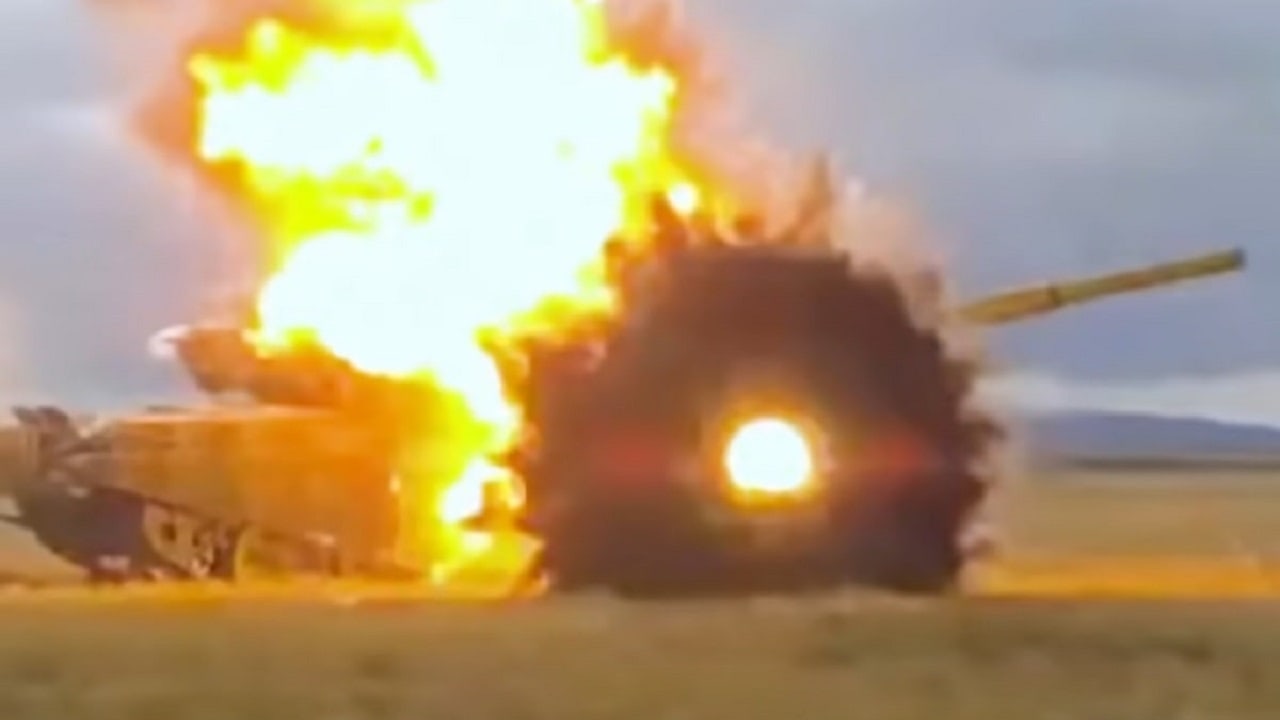With 1,194 sanctions levied against Russia by the United States alone, Russian economists, public figures, and government officials have spent months devising ways to avoid the economic impact of the war in Ukraine.
Beyond lowering and raising interest rates and making it harder for Russian citizens to access global currencies, former Deputy Prime Minister Dmitry Rogozin – currently the Director-General of Roscosmos – suggested recently that Russia could resort to quantitative easing to relieve the pressure on Russian citizens.
Russia’s top space chief told the Russia 24 TV channel that Russia could alleviate the pressure caused by Western sanctions by printing more money.
“We could actually release our own investment money,” Rogozin said. “An equivalent amount of what has now been locked and what is now not working for our economy, we could recreative. I believe it is possible and we…and those in charge of our finances should seriously consider it.”
“We could print it,” Rogozin added. “We could give it to our industries for the most robust investment projects.”
Rogozin also expressed frustration that Western sanctions, which include a ban on the exportation of many Western-made technological components, were affecting the Russian space program. He proposed that the Kremlin respond to the sanctions by printing at least one trillion rubles, roughly $15.9 billion, to ease the pain on the national economy.
Rogozin’s comments come as Russian citizens begin to feel the pinch, and Russian businesses struggle as Western governments take additional measures to prevent circumvention of existing sanctions.
Russian Citizens Feel the Pinch
Russia’s economy hasn’t yet collapsed under the weight of Western sanctions, but citizens are beginning to feel the pinch, with Russians witnessing a hike in the cost of food.
Economist Tatiana Mikhailova, who lives in Russia’s capital city of Moscow, described recently how the price of groceries has increased in recent months, but that people may “easily get the impression that nothing is happening at all” if they do not switch on the TV news.
However, several indicators all point to an economy that’s starting to struggle. While unemployment figures remain largely unchanged, Russian recruiters are reporting a reduction in the number of jobs advertised in Russia – with HeadHunter, an online recruitment company, reporting a 28% drop in vacancies in April over February.
The Russian economy is currently on track to experience the worst recession since the fall of the Soviet Union, with an official government analysis of measures taken to mitigate the effect of sanctions showing an expected 15% reduction in GDP this year. Russian oil production is also expected to reach an 18-year low, as the United States and Europe implement sanctions on Russian fuel.
With no end to the Ukraine invasion in sight, however, quantitative easing may only provide temporary relief for an economy quickly becoming one of the most isolated in the world.
Jack Buckby is a British author, counter-extremism researcher, and journalist based in New York. Reporting on the U.K., Europe, and the U.S., he works to analyze and understand left-wing and right-wing radicalization, and reports on Western governments’ approaches to the pressing issues of today. His books and research papers explore these themes and propose pragmatic solutions to our increasingly polarized society.

